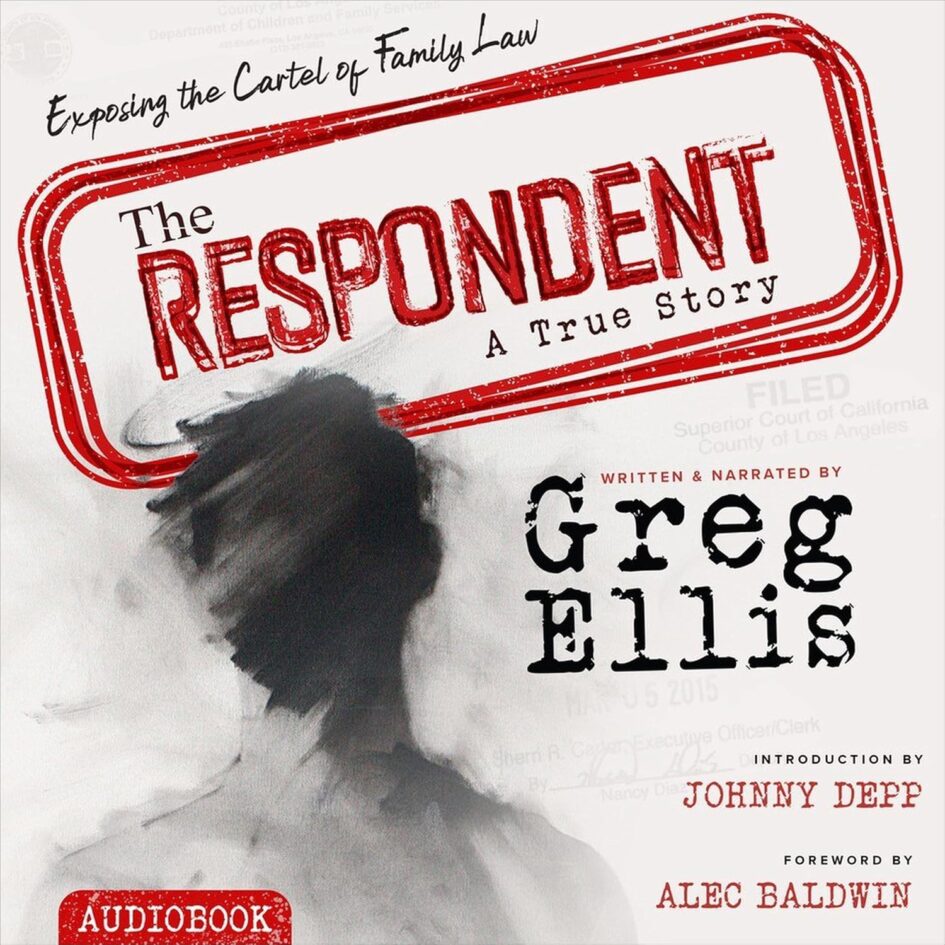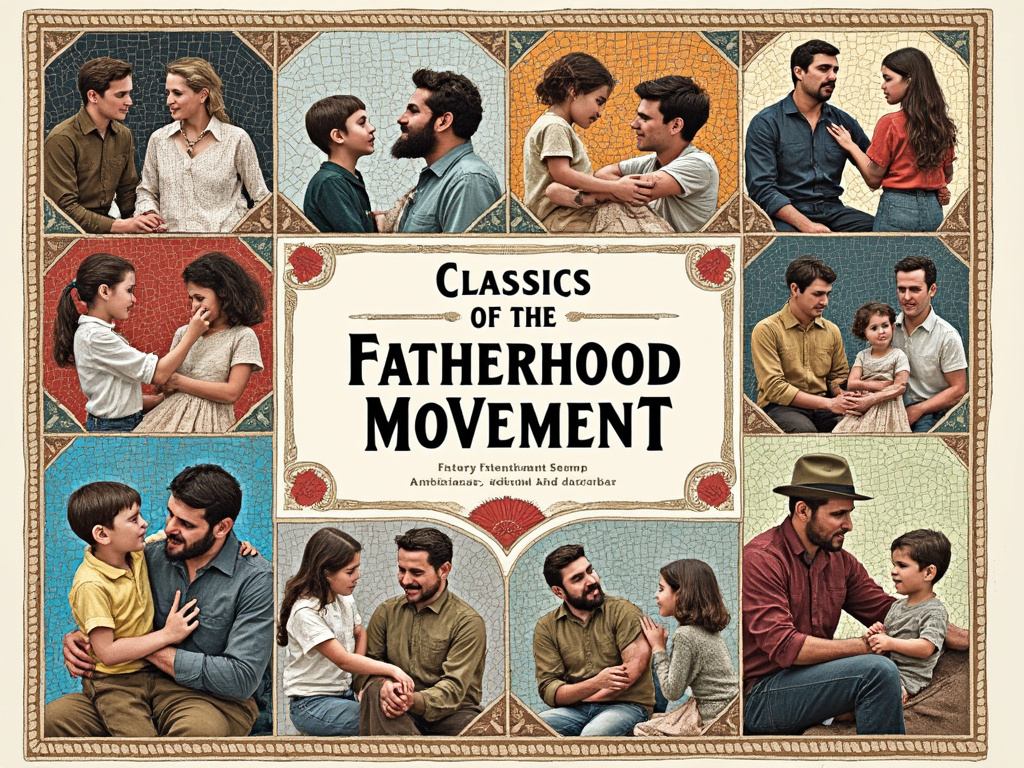Classics of the Fatherhood Movement. The Respondent: Exposing the Cartel of Family Law by Greg Ellis

Greg Ellis’s book, “The Respondent,” stands as a poignant and candid exploration into the labyrinth of family law, where personal lives are often shattered by systemic biases and legal machinations. Ellis, known for his roles in Hollywood, including the “Pirates of the Caribbean” series, uses his personal ordeal through family court as a platform to discuss broader issues affecting family law. Here’s a deep dive into the themes and insights of the book, augmented by reflections from Johnny Depp in the Introduction and Alec Baldwin in the Foreword.
Introduction by Johnny Depp: Johnny Depp, in his introduction, touches upon the media’s role in public perception, especially in legal battles that are fought in the court of public opinion as much as in the courtroom. He highlights the ordeal of being tried in the media, noting, “Who needs courtrooms or rule of law when we have trial by media?” This sentiment sets the stage for understanding Ellis’s narrative, where the legal battle intertwines with public and media scrutiny.
Foreword by Alec Baldwin: Alec Baldwin’s foreword resonates with themes of truth, justice, and public perception. His reflections on the nature of law enforcement and legal proceedings, as seen in his posts about various legal and societal issues, suggest a skepticism towards how justice is administered. Baldwin’s comments imply a world where personal narratives can be overshadowed by legal machinery, aligning with Ellis’s exploration of the family law system’s failures.
Book Summary: “The Respondent” is not just Greg Ellis’s story but a critical examination of the family law system in the U.S., described as archaic and brutal. Here’s a synthesis of the book’s key points:
- Personal Narrative: Ellis details his journey through a Hollywood dream turned nightmare due to his family breakdown. His account isn’t just about legal proceedings but the emotional and psychological toll of being separated from his children due to what he perceives as a biased system.
- Systemic Critique: The book exposes a system Ellis believes is biased against fathers, where the presumption of maternal superiority in child-rearing often leads to unfair custody decisions. This narrative is supported by statistics on child-parent separation and suicide rates among men post-divorce, illustrating a crisis in family law.
- Cultural Misandry: Ellis confronts what he terms as “misandry culture,” discussing how societal views and legal practices often undermine fathers’ roles. This is not just a legal issue but a cultural one, affecting public policy and personal lives.
- Legal and Social Repercussions: The discussion extends beyond Ellis’s personal story to analyze how family law cases can devastate lives, leading to calls for reform in how custody battles are handled, focusing on the child’s best interests rather than parental gender.
- Hope and Advocacy: Despite the bleak portrayal, “The Respondent” also serves as a beacon of hope, advocating for change through awareness and legal reform. Ellis’s establishment of The Alive Institute and The Respondent program aims at healing and advocacy, promoting family unity.
The book’s tone is set by Ellis’s life achievements juxtaposed with his legal battles, offering readers a glimpse into the life of someone whose public success contrasts sharply with his private struggles. His narrative style, blending memoir with manifesto, invites readers not only to sympathize but to understand and potentially act on the issues raised.
Conclusion: “The Respondent” by Greg Ellis, enriched by the perspectives of Johnny Depp and Alec Baldwin, transcends a mere personal account. It’s a clarion call for reevaluating how society and legal systems approach family disputes, emphasizing the need for equity, empathy, and reform. Through Ellis’s lens, readers are invited to critique the “cartel of family law,” urging a societal shift towards a more humane, fair, and child-centric view of family law. This book isn’t just about exposing a system’s flaws but about lighting a path towards healing and justice for families caught in its web.
CLASSICS OF THE FATHERHOOD MOVEMENT
THE SERIES SO FAR
Click on the image below to see the series so far………..

OUT SOON
MARKING THE 50TH ANNIVERSARY OF THE AUSTRALIAN FAMILY LAW ACT




